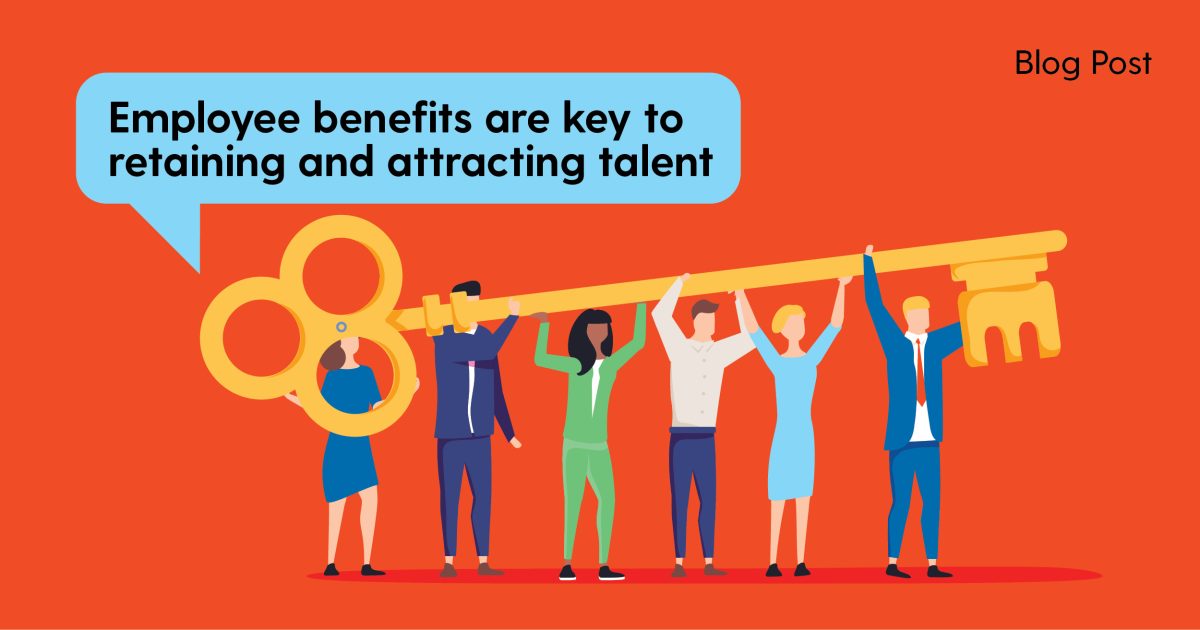Do you know what everyone’s talking about these days? The struggle to find talented employees! Companies are on the hunt for highly skilled individuals, but they need to stand out from the competition. And offering the right benefits is key. Not only does it help attract top talent, but it also keeps employees engaged and motivated to go above and beyond for the organisation’s success.
A recent attitude survey found some fascinating insights to share. 35% of the employees surveyed are actively looking for a new role, while another 12% are open to offers. That’s a significant chunk of talent on the move! Also noticed some interesting differences between generations. While nearly half of Generation Z participants are actively looking for a new gig, only 28% of the Boomers generation is job hunting.
Now, here’s the thing. Traditional remuneration systems, designed by the older generations, might need to align with the expectations of Gen Y and Gen Z. When the benefits don’t match what they’re looking for, these younger folks are more willing to switch jobs. So, if organisations want to attract and retain young talent, they need to adapt their benefits offerings accordingly.
Speaking of attracting talent, no surprise here – pay and bonuses top the list for most respondents as the most important factor. Job security comes in second for most generations, except for Gen Z, who value flexibility, career advancement opportunities, and a sense of purpose more. It’s crucial for organisations to offer a variety of benefits to meet the diverse needs of their employees. But that’s not enough. Communication is key. Employees need to know about the benefits available to them. That’s why tailoring the communication channels and providing clear guidance is essential. Believe it or not, 36% of respondents believe that apps play a crucial role in communicating benefits.
Wellbeing is becoming increasingly important to employees. Roughly a quarter of the participants want their employers to support their emotional and physical wellbeing. These issues were considered private matters in the past, but now it’s widely understood that employers need to step up. When employees feel well, they’re more motivated, less stressed, and take fewer sick days.
76% of employees who believe their employer cares about their well-being plan to stick around, compared to only 44% at companies without a health focus. Looking at employee engagement and absenteeism, the numbers speak for themselves. 63% of the workforce at “health-focused” companies describe themselves as very engaged, compared to just 13% in the comparison group. Employees who feel supported in their well-being report an average of 21 days lost due to absences or presenteeism, 9 days less than the comparison group.
So, wellbeing is more than just another benefit. It’s crucial for creating a cooperative and successful working environment. And remember – it’s also a way to attract and retain top talent. In this competitive job market, taking care of employee well-being is a surefire way to stay ahead of the game.
